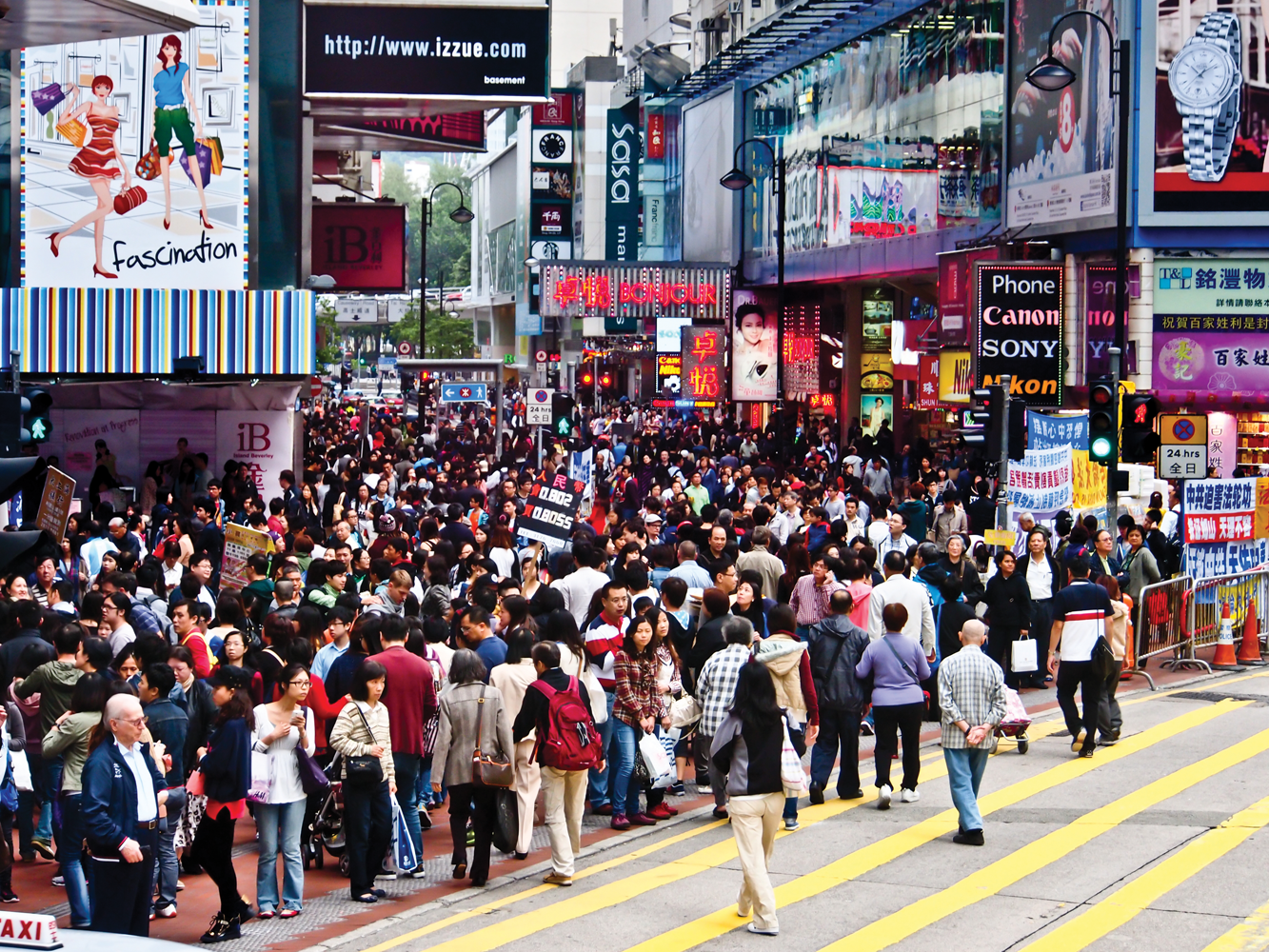Investing
The stocks to back when China relaxes the one child rule

Annabelle Williams finds out the stocks that could benefit from a relaxation of China’s one-child policy.
Recent data has shown a slowdown in China’s massive growth rates is now well under way.
With slowing exports and rising wages also providing a dampener to economic expansion, the government has shown signs it is ready to address the challenges facing the nation in a different way – through an end to the controversial one child policy.
The policy has been in place since 1979, and was intended to stop the population sky-rocketing in what was mostly a nation of agrarian workers. But fast forward 34 years, and there have been several unintended consequences.
Alongside an ageing population, the policy is also considered responsible for China’s high savings rate, since one child will be expected to care for two elderly parents. This has encouraged savings and hindered China’s attempt to move to a more consumption-led economy.
It is now expected that new president Xi Jinping will relax the policy during his term, following reports the government is drafting proposals to allow urban dwellers to have a second child.
Pressure over the policy has mounted in recent years and concerns have been raised by high profile figures.
Outgoing president Hu Jintao failed to make reference to maintaining a low birth rate as a policy goal in an important speech last November, and head of the National Bureau of Statistics Ma Jiantang recently spoke of concerns that the working age population has fallen for the first time.
The National Population and Family Planning Commission, which was responsible for enforcing the policy, has reportedly eased off in several regions.
“China needs to relax the policy. They are not going to do it overnight but it needs to happen sooner or later. I do feel that it is something that is going to happen this year,” said Fen Sung, manager of the Premier China Enterprise fund.
“We have seen quite strong wage growth in China for many years, and when I interview companies this is a big strain on them. That is because China’s working population is for the first time starting to decrease and, with global growth slowing down, it makes for extra costs and puts businesses under strain.”
As for whether China’s nation of aspirational only children will actually want to have more than one child of their own, Sung argues many would welcome the change, and is backing several stocks he believes will be beneficiaries.
Prince Frog International
Prince Frog makes shampoos and moisturisers specifically targeted at children, and has made the brand lovable by turning characters from the packaging into an animated cartoon.
While cartoons are very popular in Chinese culture, even more appealing to parents is the fact the cartoon teaches children good values, and it has been so successful it is now shown on television.
“It is quite a competitive area, but if you only have one child you are willing to spend a little bit more so Prince Frog price themselves at the higher end. It is Johnson & Johnson style pricing as opposed to the cheaper local brand,” Sung explained.
“This works for them because, with all the products that are sub-standard, people are concerned about safety.”
Vinda
Vinda manufactures Kleenex-style tissues, toilet rolls and, more lucratively, premium branded disposable nappies.
“The business has been slowly growing, and more children means more nappies,” Sung said.
“One of their biggest costs is paper pulp and commodity prices have come off a bit so this has been advantageous to them,” adding Vinda is regularly formulating new products to keep margins up.
Mapletree Greater China Commercial trust
Frequent food safety scares in China are sending increasing numbers of people across the border to Hong Kong for food supplies. Consumers are particularly concerned about the safety of baby products, as memories of the 54,000 children made ill by tainted formula milk in 2008 are yet to fade.
Sung has invested in Singapore-listed Mapletree Greater China Commercial trust which owns two major shopping centres, in Hong Kong and Beijing.
“The Hong Kong centre is among the largest in the city and this is a play on the Chinese consumer coming to Hong Kong to buy products. Hong Kong has seven million people and 21 million visitors a year,” he said. “The Hong Kong shopping centre is particularly focused on food.”